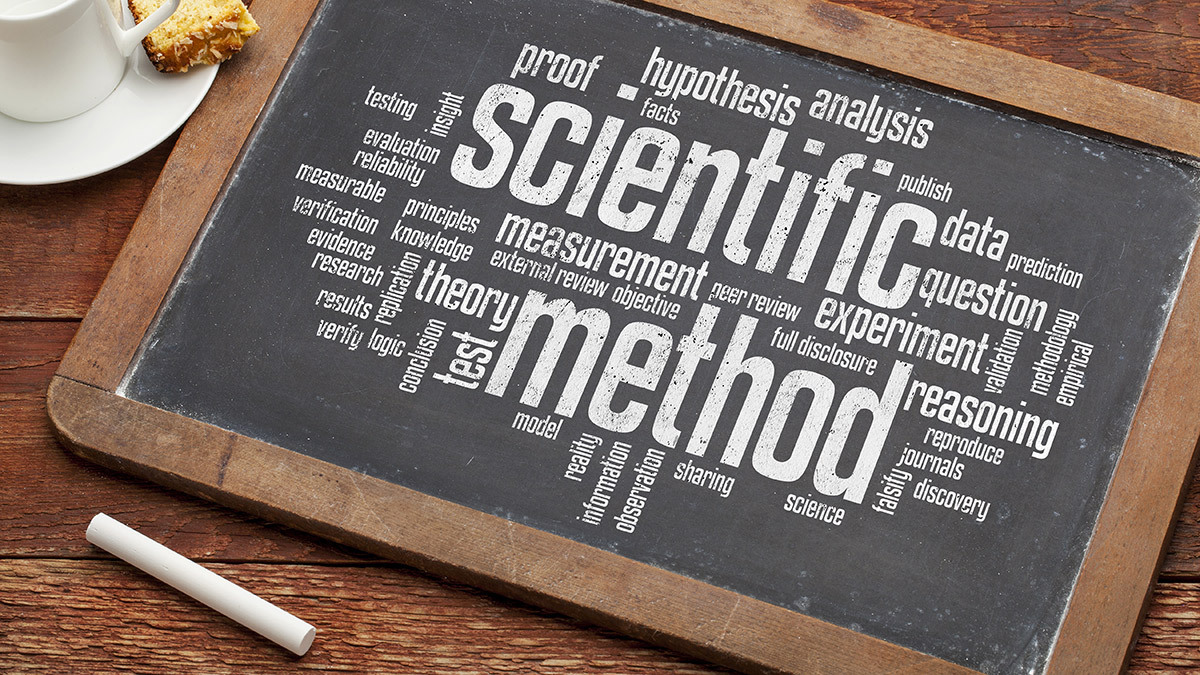Defense teams can no longer only rely on intuition or traditional, ad hoc approaches to gauge how jurors will react to the case. Instead, a scientific jury research methodology, grounded in rigorous validity and reliability principles, is needed to obtain accurate and actionable insights. Defense counsel risks making critical decisions based on flawed or contaminated data without such a methodical approach, potentially jeopardizing trial outcomes and client interests.
How can defense attorneys achieve scientifically valid measurements in jury research?
Segment presentations to test openings, evidence, witnesses, and closings separately. Collect feedback immediately after each segment to avoid cognitive overload and better ensure jurors recall specific stimuli and offer realistic data. Use a single presenter to cover both sides of an issue to eliminate persuasion bias and guarantee you measure juror reactions to the content itself.
The Foundations of Scientific Jury Research Methodology
At its core, scientific research methodology rests on validity and reliability. When applied to jury research, these principles ensure that mock juror feedback truly reflects how real juries might perceive evidence, witnesses, presentations, and arguments at trial.
Validity: Are You Measuring What You Think You’re Measuring?
In any research context, validity asks whether the data you collect accurately represents juror decision-making. A lack of validity means defense counsel may believe they are testing the persuasiveness of a defense theme when, in reality, they have omitted a critical element and therefore fail to accurately account for how jurors will react.
Mock trials illustrate this danger. Imagine conducting a mock trial without including any video deposition clips. If jurors never see how a key witness appears on camera—the body language, voice inflection, or credibility cues—then the mock verdict response is likely inaccurate.
Ninety percent of the messages witnesses send are nonverbal. The real jury will be influenced by different factors, and such an omission creates a validity problem where the research fails to measure the case under realistic conditions.
Reliability
Are your results consistent across multiple trials? Even if a study is valid, a single data point can be misleading if it happens to be an outlier. Reliability requires that attorneys obtain similar results when repeating the test under the same conditions. In practice, this means running a “test–retest” process. This is where you conduct one focus group or mock trial, then repeat it later (or after any relevant tweak) to see if findings hold. When results match, you can be confident they accurately reflect juror attitudes rather than random variance.
For defense teams uncertain whether specific evidence will be admitted at trial), running two parallel experiments, one including the evidence and one excluding it is the only way to know how jurors will respond in either scenario. Split-testing allows attorneys to gauge how much the disputed item matters. If jurors react to both versions similarly, the defense can proceed without fear. If not, attorneys know to develop alternative strategies and can be prepared.
Why Traditional “Clopening” Mock Trials Often Fall Short
Many defense teams still default to a decades-old, combined “opening plus closing” presentation on one or both sides, known as a “clopening.” The clopening format packs every element, case summary, witness clips, demonstratives, and argumentative points, into a single, lengthy session. Although efficient, it suffers from two major scientific flaws: cognitive overload and uncontrolled persuasion effects.
Cognitive Overload and Contamination
During trial, jurors typically absorb information in a segmented, linear fashion—opening statements, staggered testimony, then closing arguments. A “clopening” compresses that experience into a two-hour firehose of information, delivered all at once during a mock trial or focus group. As a result, jurors struggle to recall or evaluate specific case elements, muddying their feedback. This undermines the validity of the research because it no longer mirrors real-world trial conditions or juror cognition.
Uncontrolled Persuasion Effects
In many mock trials, opposing and defense counsel deliver separate clopenings back-to-back. If one presenter is more charismatic, better looking, or simply a more engaging speaker, juror feedback becomes skewed by that messenger’s appeal rather than the substance of the case. In other words, you cannot separate “Do jurors like my theory?” from “Do jurors like my presenter?” Traditional clopening models inadvertently introduce persuasive contamination, further undermining validity.
In theory, mock jurors might respond favorably to a defense theme, but those responses often shift when a different person presents the same material. That’s why using a single, neutral presenter rather than multiple attorneys provides cleaner, more reliable data by eliminating variables like charisma or delivery style.
The Focus Group Models Offer Higher Accuracy
Defense teams should apply focus group techniques to overcome mock trial limitations. This streamlined, step-by-step approach mirrors real trial dynamics and maximizes validity and reliability. The three methods below help improve results.
One Presenter Covers Both Sides of an Issue
Instead of having separate attorneys for the plaintiff and defense, a single presenter educates mock jurors on both sides’ themes, theories, and evidence. This approach eliminates persuasion bias from messenger competition.
Immediate and Segment-by-Segment Data Collection
Defense attorneys should collect juror impressions in real time rather than presenting an entire case before soliciting feedback. For example, pause to gather initial reactions after introducing the opening theme. Then, after showing a short witness clip, immediately ask for input on the witness’s credibility, likability, and overall impact. Continue this pattern across key case elements. This segmented approach mimics how jurors actually receive information during trial: one witness at a time, often with breaks in between. Capturing impressions on the spot helps preserve the clarity of each response and avoids the distortions that come from memory blending or retroactive bias.
Shorter Witness Clips, Not Hour-Long Testimonies
Jurors don’t need an hour of a witness clip to form lasting impressions of credibility. Juror ratings remain largely consistent whether you play a short, minutes-long snippet versus an hour of continuous footage. When the content focuses on key moments, defense teams reduce participant fatigue and costs, without sacrificing data quality. An efficiency that significantly improves reliability, as shorter focus groups can be repeated more easily for test–retest purposes.
Benefits of a Scientific Jury Research Methodology
Rather than relying on a single mock trial that might under- or overstate juror receptivity, attorneys can use a scientific jury research methodology to reach a more accurate case assessment. A subsequent benefit is cost-effectiveness, as virtual focus groups can be conducted at much lower costs than multi-day, in-person mock trials.
Isolating stimuli and obtaining immediate feedback helps defense teams identify problematic witnesses, confusing themes, or misleading arguments long before trial. When both validity and reliability are maximized, defense attorneys can move forward knowing that jury research recommendations truly reflect how trial jurors will react.
Get Better Litigation Results with Courtroom Sciences
Ignoring the science behind jury research is a recipe for surprise verdicts. A superior defense requires scientific jury research methodology – an approach that prioritizes validity, improves reliability, and better reflects real-world juror responses.
Courtroom Sciences helps attorneys efficiently navigate litigation by providing psychological expertise, science-backed data, and expert support for all phases of litigation. Learn how CSI’s litigation consulting experts can improve outcomes for your next case.
Speak with one of our experts to get started.
Be confident in achieving superior litigation outcomes. CSI has the expertise, track record, and capabilities to help you win.



